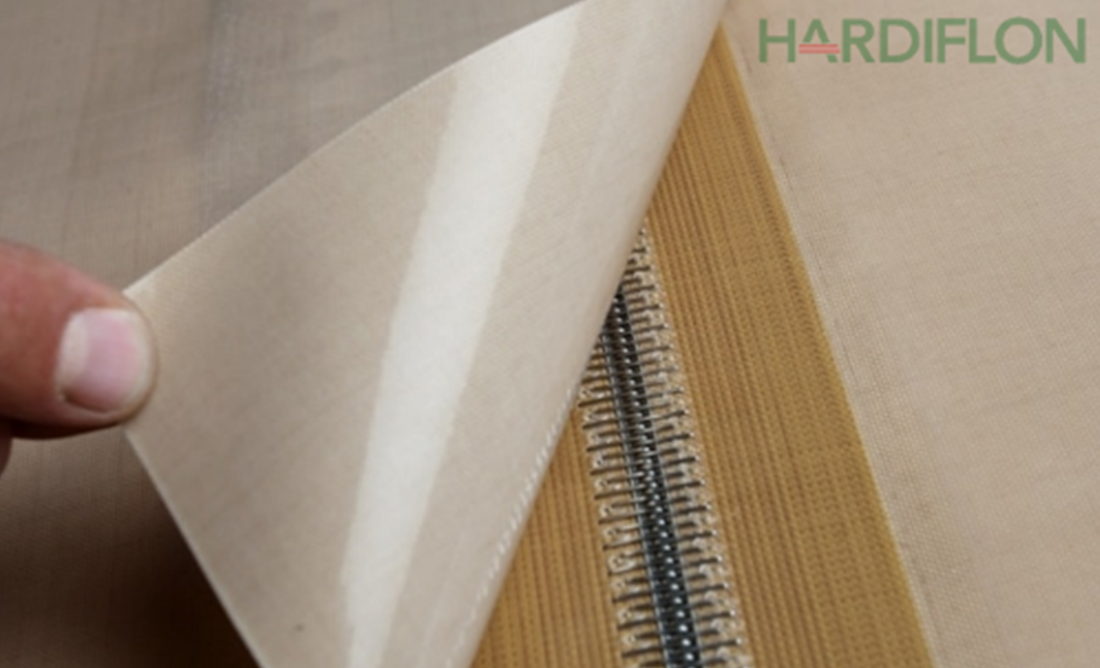
PTFE and the food industry
Share
The food industry demands high standards of hygiene, durability, and efficiency in its processes. One material that has significantly contributed to meeting these demands is PTFE (Teflon). Known for its non stick, heat resistant, and chemically inert properties. PTFE has transformed food production, processing, and packaging. Here’s how PTFE is revolutionising the food industry.
One of the biggest advantages of PTFE is its non-stick nature, making it an ideal material for food processing surfaces, conveyor belts, and bakeware coatings. This property:
-
Reduces food waste by preventing material from sticking.
-
Ensures easy cleaning, reducing downtime in food production.
-
Enhances hygiene by minimising residue build-up.
PTFE can withstand extreme temperatures ranging from -200°C to 260°C, making it perfect for applications like:
-
Baking trays and molds that require high temperature resistance.
-
Frozen food processing belts that operate in sub-zero conditions.
-
Heat-sealing machines used in packaging to ensure airtight seals.
Food production involves exposure to various chemicals, including acids, oils, and cleaning agents. PTFE’s chemical resistance ensures:
-
No contamination or chemical reactions with food products.
-
Durability against aggressive cleaning agents used in industrial sanitation.
-
Compliance with FDA and EU food safety standards for safe food handling.
PTFE coated conveyor belts and liners help streamline food production by:
-
Reducing friction, allowing smooth movement of food products.
-
Preventing clogging in automated processing systems.
-
Enhancing production speed by minimising the need for manual intervention.
Maintaining hygiene in the food industry is crucial to prevent contamination. PTFE’s non-porous surface resists moisture and bacterial growth, reducing the risk of:
-
Mold and bacteria build up.
-
Cross contamination between different food batches.
-
Frequent sanitation interruptions in production lines.
Investing in PTFE coated equipment leads to long term cost savings because:
-
PTFE materials have high wear resistance, reducing replacement frequency.
-
Less downtime for cleaning and maintenance increases productivity.
-
It helps meet sustainability goals by reducing waste and improving energy efficiency.
PTFE is revolutionising the food industry by enhancing efficiency, safety, and hygiene in food processing and packaging. Its non-stick properties, temperature resistance, and durability make it an indispensable material in modern food production. As the industry evolves, PTFE will continue to play a crucial role in ensuring safer, cleaner, and more efficient food processing environments.
